
Recommendation
The Internet, that transformative force driving innovation, communication and collaboration worldwide, also has a dark underbelly. In this murky world of fakers and trolls, nothing is as it seems. One expert computer analysis found that “about one-third of all consumer reviews on the Internet are fake.” That the restaurant review you referred to last night may come from someone paid by the restaurateur or by the restaurateur’s rival. Believe the credibility of that glowing book review on Amazon at your peril; the author may have ghostwritten it. Joseph M. Reagle Jr. jumps into this cesspool with a reporter’s gusto, delving into the unlit corners of Yelp, Twitter and coder conferences. His findings might not surprise those who are deeply embedded in the Internet culture, but for most readers, his exploration is an eye-opener. At times, Reagle veers into the stilted prose of academia and his language can be vulgar, since that accurately reflects the material he’s covering. Nonetheless, this mostly approachable book delves into a crucial topic. getAbstract recommends it to online retailers, investors, entrepreneurs, and anyone who ever read anything on or ordered anything using the Internet. And that, of course, includes nearly everyone.
Summary
About the Author
Joseph M. Reagle Jr. is an assistant professor in the department of communication studies at Northeastern University. He also wrote Good Faith Collaboration: The Culture of Wikipedia.








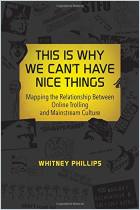
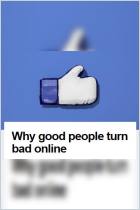


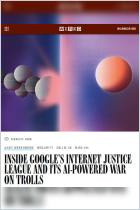
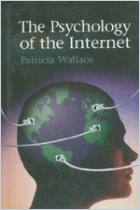
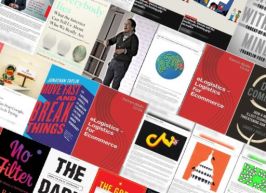


Comment on this summary or Comenzar discusión